Waqt iċ-ċeremonja ta' Jum l-OASI li saret nhar is Sibt 25 ta' Ġunju, Dr Alfred Grech qara waħda mill-poeziji tiegħu bl-isem 'Sakranazzi'. Biex wieħed ikun jista' jaqra din il-poezija jista' jagħfas hawnhekk
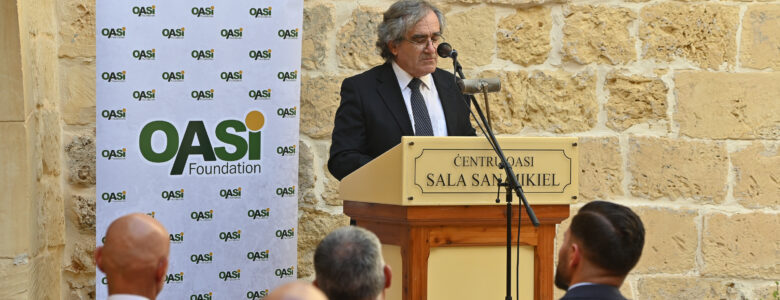

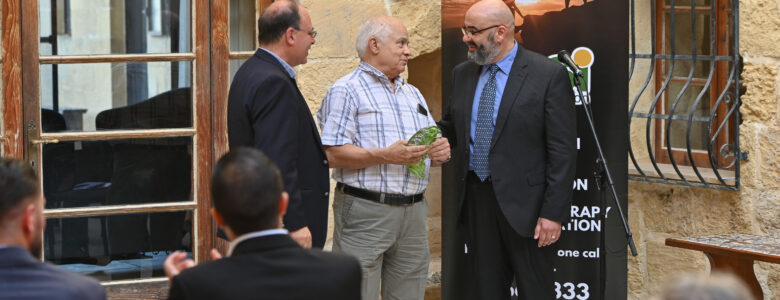
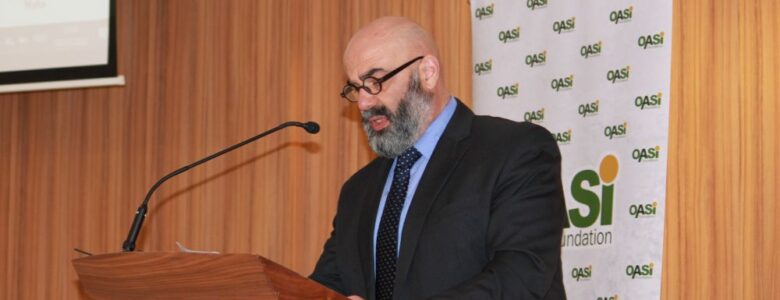
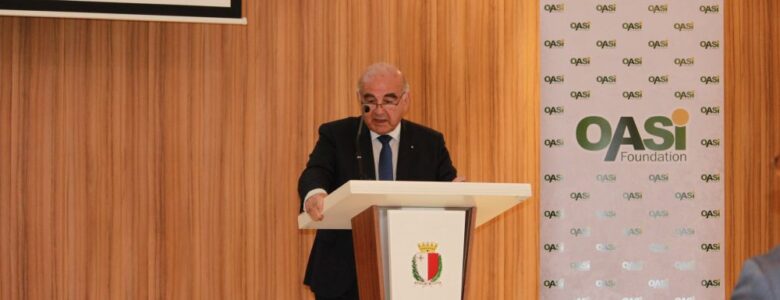
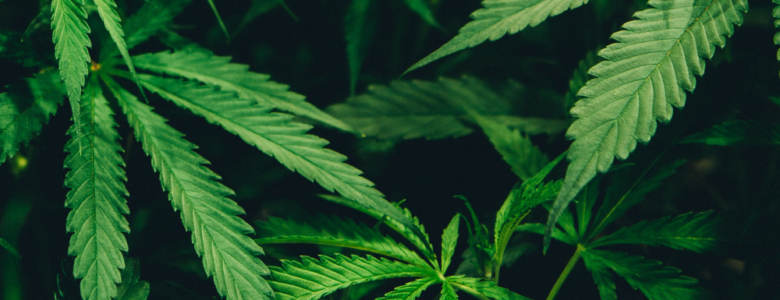
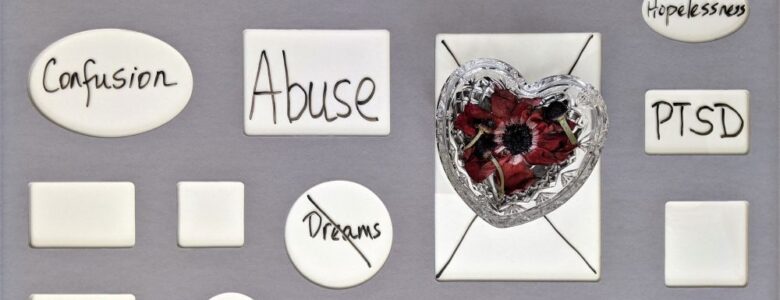
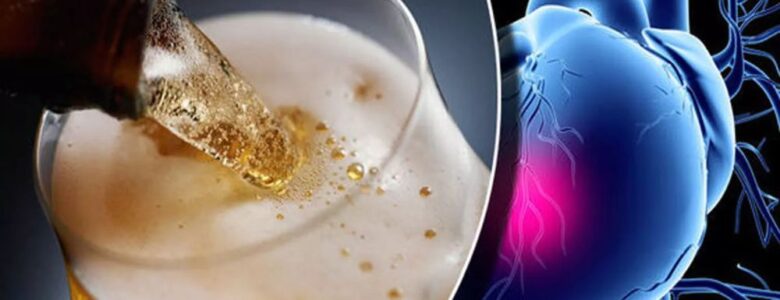
Thiamine is one essential nutrient needed by the body to convert the foods we eat into energy. It is known as the transformer, which converts carbohydrates, fats and proteins into energy for our organs to function. However, thiamine is not produced by the body itself, but rather depends on the foods we consume on a day-to-day basis.
There are several food items which contain thiamine including:
Of course, there are other foods out there that might contain smaller amounts of thiamine such as fruits and vegetables.
Thiamine, also known as vitamin B1 can also be taken as a dietary supplement.
What happens when there is a thiamine deficiency?
A body deficient of thiamine starts to degenerate, particularly most trouble would occur in the nervous and circulatory systems. This is rare in healthy individuals, however, people who drink excessive amounts of alcohol are more likely to suffer some thiamine deficiency. In fact, up to 80% of alcoholics end up developing this deficiency. This is a result to the inflammation caused by alcohol of the stomach lining and digestive tract, which significantly reduced the body’s ability to absorb vitamins.
The end result is thiamine deficiency which may lead to:
Alcohol is not the only culprit here as other conditions which might lead to this deficiency include people who had bariatric surgery, people suffering from diabetes, and HIV/AIDS. Age is also a significant factor; thus, older adults are also at risk.
Initially, most people often go undiagnosed being that the first symptoms are non-specific. In fact, beriberi and Wernicke-Korsakoff syndrome are often when the body does not absorb thiamine over a period of time and both of these conditions can be fatal if not treated in time.
What are the treatment options?
Naturally, an alcoholic would benefit significantly if they abstain from drinking through the help of A.A meetings or through counselling sessions. Therapy is available, and for further information, one can look into 12 Step Programs for Addiction. Alcohol WILL block the absorption of thiamine!
On the other hand, a nutritious and varied diet can also be beneficial and this can be supported with B1 supplements.
If you are feeling concerned, you can also talk to your GP or health professional for more information about thiamine and other deficiencies.
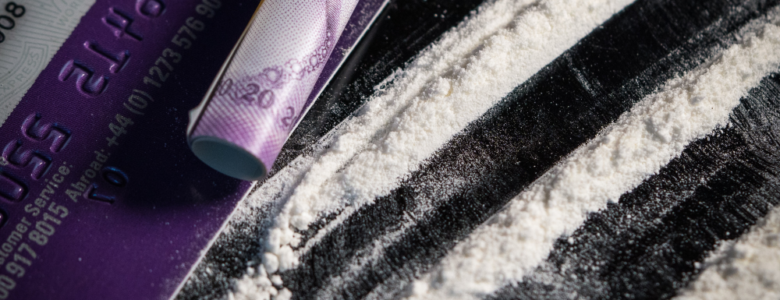

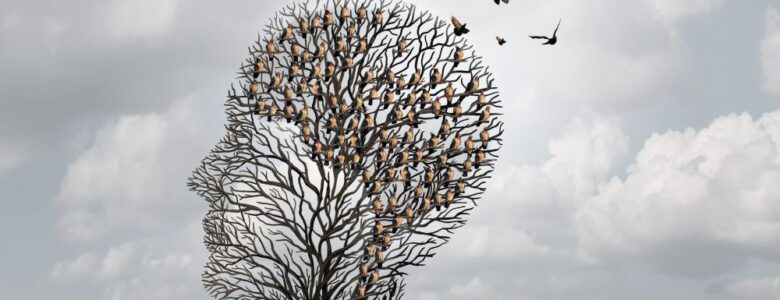
It is surprising how our surroundings can leave an impact on our mental health. When we think of mental health, automatically we think of craziness, insanity, madness, and so on, just because of the word mental in the phrase. However, we fail to see that mental health includes our emotional, psychological, and social well-being. It affects how we think, feel, and act. And it also helps to determine how we handle stress, relate to others, and make choice. So how does the environment affect our mental health?
Everything from our house, city we live in, the state we live in to the weather in our area, and our work environment. Even so, the pandemics, the health state in our country, and also the socio-economic state of the country. These all play a factor in our mental health, and the places you spend a lot of time in can have a significant impact on our well-being; both physically and mentally.
Aesthetics, such as cluttered spaces, can create feelings of overwhelming and anxiety. While on the contrary, having a tidy space can invoke a sense of calmness and will help the person to have a clear mind.
The sensory factors in the environment, such as lighting, sounds, smell and color palette, are very important as they influence how comfortable, relaxed and safe a person might feel. For example, having harsh lighting and loud noises can lead to anxiety and agitation, while dark and cold places can lead to feeling afraid and anxious.
As important as it can be to pass on traditional and cultural values, it can also be detrimental to some people. Living in a society that shuns people for being different, or even for having problems mental health itself, can instill feelings of isolation and depression can arise. Isolation, and additionally loneliness, can contribute to lack of communications and relationships.
Additionally, familiarity to the place can also have its influence. If the environment is familiar to you or reminds you to past trauma, such environment might not be ideal as it may trigger you past feelings of anxiety. Having positive association to the environment, on the contrary, such as happy memories from your childhood, can help to boost mood and a sense of connection to the place.
Thus, how can we better our environment to better our mental health? In order to make change, we need to start by changing the things we have control over and that can be accomplished relatively easy. An example of this, if you find yourself spending most of your time in your room, start by organizing your space; declutter, make more space, rearrange things that will make them more practical and functional. Evaluate the light in your room, and change the lighting to make the room brighter. And if need be, evaluate whether your space is truly healthy and whether it is enabling your decrease in mental health. It is important that we notice the connections between how you’re feeling and your surroundings, and what is triggering such feelings.
Do not be afraid to accept your mental health, as acceptance is the first step to a healthy approach to your well-being. Being aware of your environment and it’s connections can help us better understand our feelings.